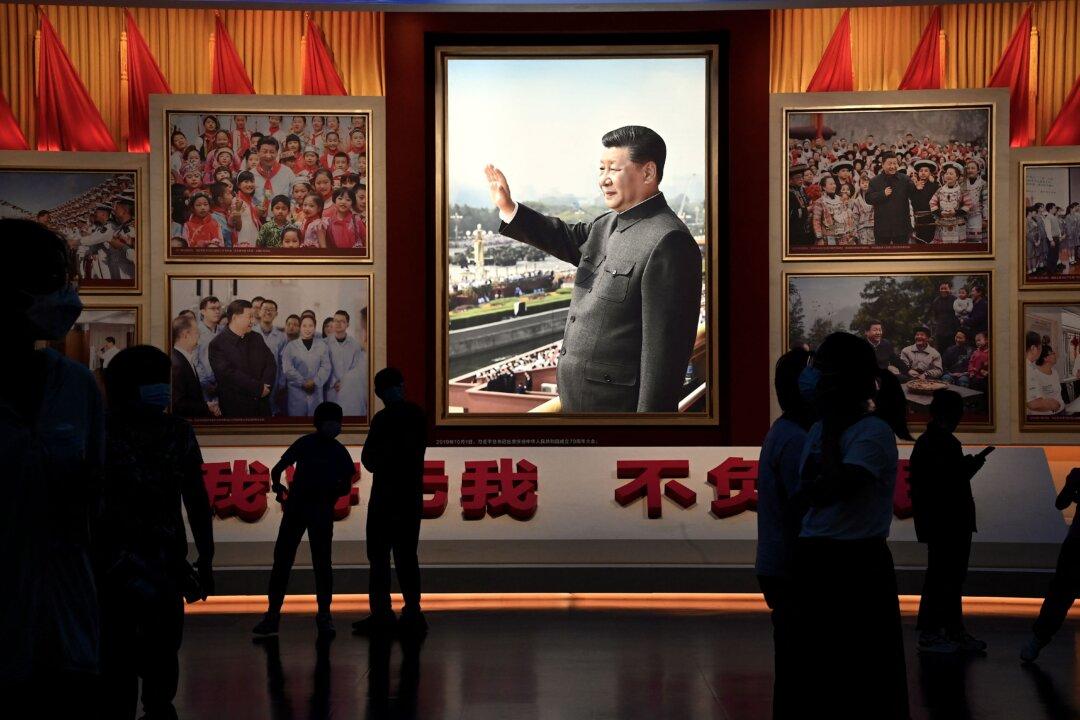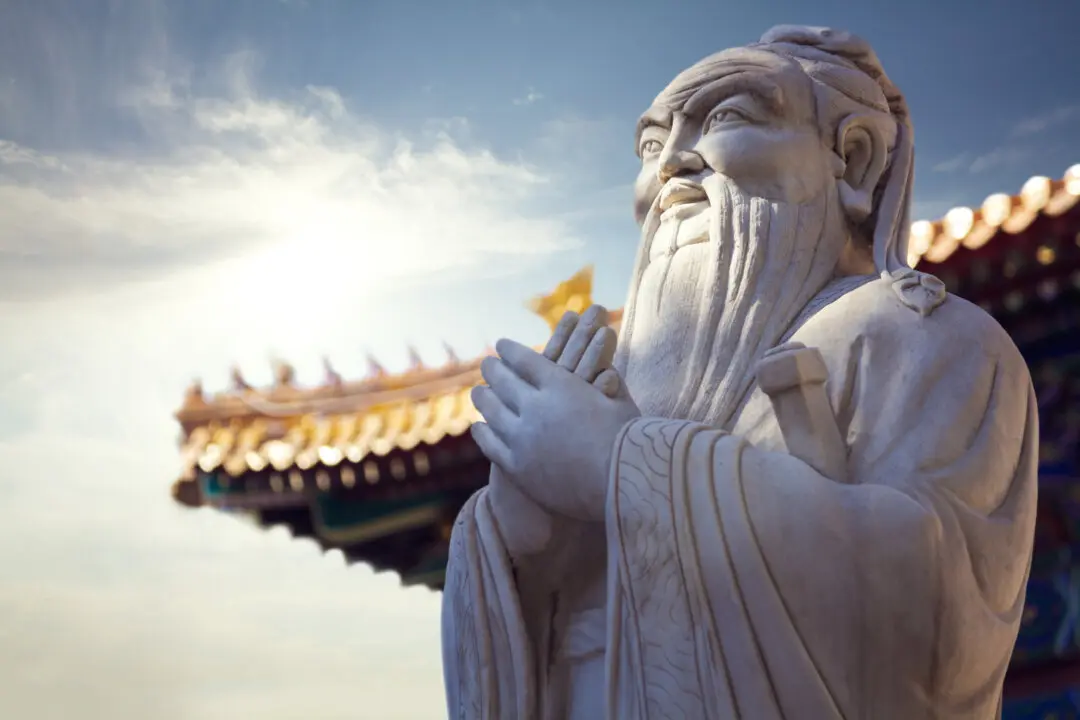The Chinese Communist Party’s (CCP) top disciplinary watchdog announced on July 22 the results of its disciplinary and criminal investigations for the first half of this year, with the number of officials probed for corruption reaching the highest level over the past decade.
The Central Commission for Discipline Inspection (CCDI) published a short notice on its official website, stating that from January to June, 316,000 officials at different levels nationwide were placed under criminal investigation.





